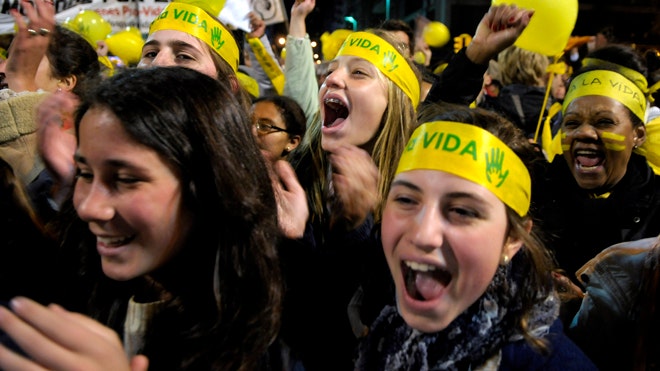By Justin Dorman
Impunity Watch Reporter, Middle East
TEHRAN, Iran – Mobile phone users and television viewers in Iran were notified on Sunday that their access to Google and Gmail would be censored for the foreseeable future.

Iranian officials have claimed that the block on the search engine, Google, and its e-mail service, Gmail, is in response to the anti-Muhammad film that has recently enraged Muslims across the Middle East. Abdolsamad Khoramabadi, a representative of Iran’s state run agency in charge of online censorship and computer crimes, states that many Iranians urged the agency to block the sites because they contain links to the film.
Many do not believe that the film had anything to do with the governments filtering measures. A popular sentiment expressed is that many in Iran are not as upset about the anti-Muhammad film as other neighboring countries, and that the government is using the film as propaganda. To those people, the true motive behind the recent actions instead has to do with Iran’s government’s urge to create a national intranet, separate from the worldwide internet.
“This is a pre-determined scenario to block Google in Iran, they wanted to do this since long time ago,” tweeted Hadi Khezriyan.
These restrictions are not the first that this Iranian regime has implemented. Google and Gmail were both blocked last February, just prior to parliamentary elections. YouTube has been blocked since mid-2009, after people used the tool to contest the validity of President Ahmadinejad’s re-election. Other sites routinely blocked and censored are the Guardian, BBC, CNN, Facebook, and Twitter. There are few countries that are censored more often than Iran.
Last year, Ayatollah Ali Khamenei set up the Supreme Council of Virtual Space to watch over the country’s internet. Since then, the group has been planning to create a national intranet. Experts believe that Iran is doing this to protect sensitive information like military and banking records from an outside cyber-attack. Others feel that Iran just wants to control the outside information that is coming into the country and pull out of the worldwide web all together.
Ali Hakim-Javadi, the country’s deputy communications and technology minister, said that, “[i]n recent days, all governmental agencies and offices have been connected to the national information network.” The fear is that the next step will be getting all the regular citizens onto the national intranet.
Many Iranians have taken to social networking sites to complain about the recent ban. Golnaz Esfandiari, who writes a blog for Persian Letters, a website run by Radio Free Europe, wrote, “By blocking Gmail/Google, #Iran government punishes its own people over anti-Islam movie. Most Iranians have not seen it/don’t care.”
For some, anger about the prohibition is more a matter of principle than practicality. Iranians can still access Gmail by using virtual private networks (VPNs). Many already use these VPNs to gain access to blocked Western sites, despite government restrictions.
“[E]very schoolchild knows how to bypass restrictions by using VPNs, it’s very common in Iran,” said Mahmood Tajali Mehr, an Iranian telecommunications consultant.
For further information, please see:
Al Jazeera – Iran Blocks Access to Google and Gmail – 24 September 2012
BBC – Google Search and Gmail Censored in Iran – 24 September 2012
Guardian – Iran set to Block Access to Google – 23 September 2012
BBC – Iran’s Supreme Leader Sets up Body to Oversee Internet – 7 March 2012


